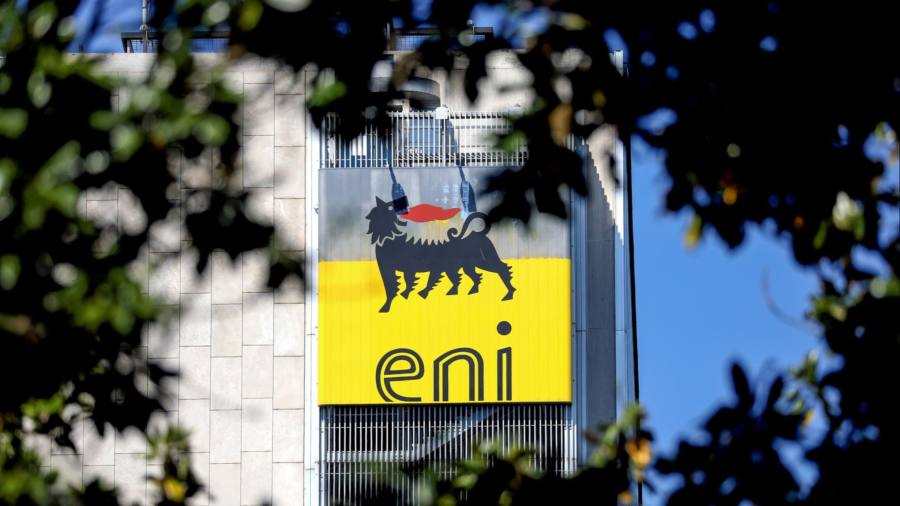
Italian energy major Eni is in preliminary discussions to acquire private equity-backed Neptune Energy in what would be one of the biggest oil and gas deals in recent years if it proceeds.
The talks began this autumn and remain at a very early stage, according to a person familiar with the negotiations. The potential deal could be valued at between $5bn and $6bn, although Eni was yet to make an offer, the person said.
Neptune produces around 135,000 barrels of oil equivalent a day from fields in eight countries, including the UK North Sea, Norway, Germany, Algeria, the Netherlands and Indonesia, where it shares a licence with Eni. Approximately three-quarters of Neptune’s global production is natural gas.
European oil and gas majors like BP, Shell, TotalEnergies and Eni have been more likely to sell oil and gas assets than to buy them since setting targets to cut carbon emissions and shift to greener forms of energy.
In February 2020, Eni set targets to reduce absolute emissions from its operations and the fuel it sells and pledged that its oil and gas production would peak in 2025 at around 1.9mn boe/d, against 1.7mn boe/d today.
It has said that gas will account for 60 per cent of the company’s hydrocarbon production by 2030.
The person familiar with the discussions said Neptune’s gas assets were a particular attraction for Eni. Any offer would not include Neptune’s onshore oil and gasfields in Germany, the person added. The talks were first reported by Reuters.
In 2021, Neptune made a net profit of $387.2mn from revenues of $2.5bn and had net debt of $2.1bn.
It was founded in 2015 by Sam Laidlaw, the former chief executive of UK energy group Centrica. It is backed by the China Investment Corporation, which owns a 49 per cent stake, and private equity funds including Carlyle and CVC Capital Partners. In 2021, Neptune paid a $1bn dividend to its shareholders.
It was part of a wave of new private equity-backed energy companies, including Harbour Energy, that swept up assets in countries such as the UK and Norway after the oil price crash of 2014 and as oil majors reshaped their portfolios around lower-cost regions, and utility companies withdrew from the production of hydrocarbons. In 2017, it agreed a near $4bn deal for the oil and gas production assets of French utility Engie.
Neptune has in recent years also been working with advisers to explore a potential initial public offering as an alternative to a sale.
Eni and Neptune both declined to comment on the talks.